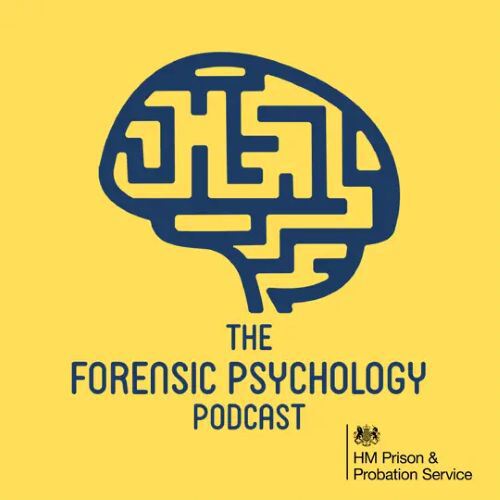The discussion raised questions about how psychologists can contribute more effectively to early intervention strategies and the development of policies that support diversion from the criminal justice system, particularly for individuals with complex needs.
A particularly striking part of the conversation focused on the psychological wellbeing of those working in forensic settings. The panellists acknowledged the emotional demands of the job and the need for better institutional support for practitioners who regularly deal with trauma and distressing case material.
While some organisations provide access to wellbeing resources, there was consensus that a culture shift is needed to ensure that psychological safety is treated with the same priority as physical safety in workplaces. The discussion also touched on the need for greater diversity within forensic psychology, ensuring that the profession reflects the communities it serves and is accessible to those from different backgrounds.
As the conversation drew to a close, the speakers reflected on the broader role of forensic psychologists in shaping the justice system. From influencing legal decisions to supporting offenders in changing their behaviour, psychology has the potential to inform a more nuanced and effective approach to justice. There was also an emphasis on the importance of engaging with policymakers, legal professionals, and the wider public to ensure that psychological expertise is recognised as a valuable tool in creating safer communities.
This episode of Just Psychology provided a thoughtful and reflective discussion on the ways forensic psychology can contribute to justice systems internationally. By sharing insights from different jurisdictions and professional perspectives, the conversation reinforced the importance of interdisciplinary collaboration in shaping effective criminal justice practices.





